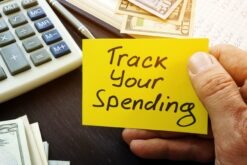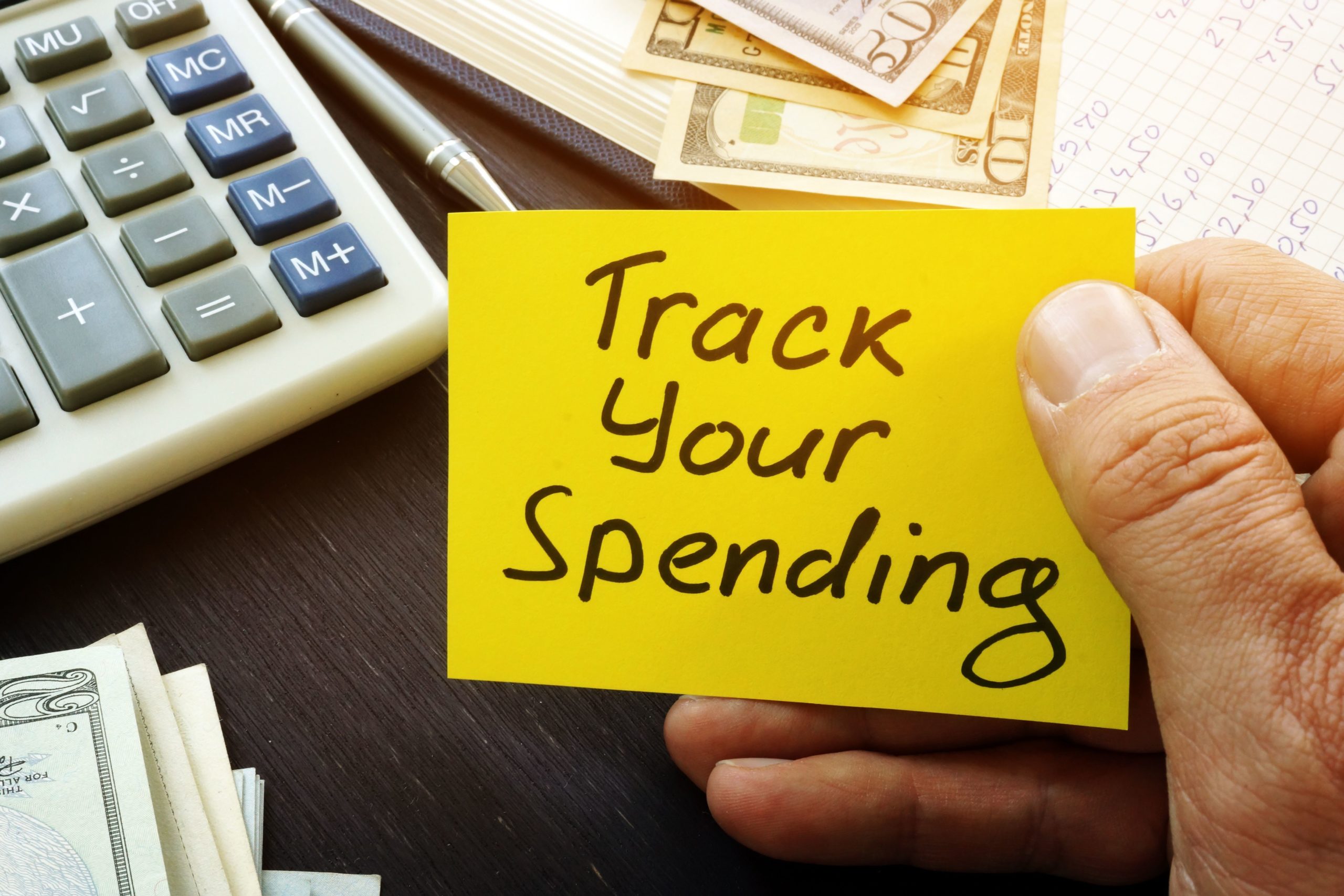
In today’s world of contactless spending, a money diary is a great way to control your finances. It will help ensure you do not go over budget and worse still get into debt.
Need advice about Debt? Give us a call on 0800 077 6180 or complete the form below to speak to one of our experts
What is a money diary?
A money diary is simply a record of what you spend, when you spend it. It helps you keep track of exactly how much money you have left to spend before you are paid again.
A key advantage of using this tool is that it takes into account essential living expenses that have not yet been taken from your bank account. These are deducted up front leaving you with the real amount you have left to spend until next pay day.
If you pay for things using a contactless card or smart phone using a money diary has become even more critical. Very often you do not even get a receipt for these items. Recording them gives a reality check on the amounts coming out of your bank account.
Using a money diary means you can monitor and adjust your spending to make sure that you do not have to use your overdraft or other forms or credit to supplement your income.
How to use this technique to keep your spending under control
Although it is called a money diary your income and expenditure figures are not actually recorded in a diary. You keep the record on a piece of paper, notebook or excel spreadsheet. Ideally something that you can access easily at the end of each day.
At the beginning of each month write your total income at the top of your page. Then immediately list and deduct from this figure all the essential expenditures you know will come out of your account across the month. Include regular debt payments and any amount you have chosen to save.
Then as you go through the month whenever you draw cash or make a purchase on a card, add this to the diary and deduct it from the remaining balance. The end result is a constantly decreasing figure showing the amount you still have available to spend before any further income is added.
Using a money diary will give you a much better understanding of what you have left to spend than checking your bank balance. This is because money that will come out of your account to pay for bills later in the month has already been accounted for.
Tips for making money diary usage a habit
You should record your money diary in whatever format suits you. This might be a piece of paper, notebook or spreadsheet. Ideally use a format that is easily accessible.
It is critical to keep the diary up to date. Ideally do this at the end of each day. This may seem like a pain. However recording your spending the same day means you are less likely to forget anything. It will also be quick to do.
If you use cash there is no need to try and record every little cash expenditure. Simply list the total cash machine withdrawal amount. Although some may remain in your pocket it is no longer showing as available in the money diary balance.
If you cannot remember how many times you have used a contactless cards or a smart phone payment in a particular day you will have to check your bank statement.
Arrange a call with a Debt Management Expert
Privacy Policy
Your information will be held in strictest confidence and used to contact you by our internal team only. We will never share your details with any third party without your permission.


